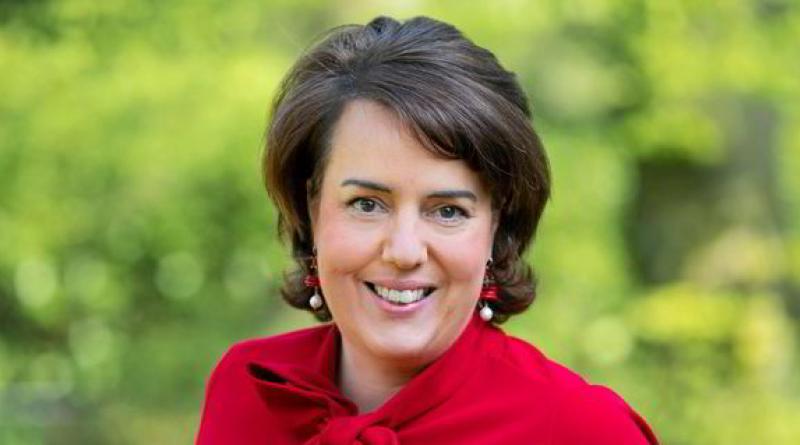Green grids lynchpin TenneT could sell German unit to government to speed energy transition

Netherlands-based group says sale would create strong national player as Germany races to link offshore wind and move renewable power
Grids group TenneT confirmed it could sell its German operations to the nation’s government as it wrestles with the challenge of the “unprecedented capital investments” needed to fund huge network expansion in two countries.
TenneT – which is owned by the Dutch state – currently runs the high-voltage grid in the Netherlands as well as a large chunk of the German network, both requiring massive spending to underpin their energy transitions, not least by connecting new offshore wind.
The company said it faces a €10bn ($10.7bn) requirement in the Netherlands and about €15bn in Germany, and “acknowledges that both the Dutch and German government prefer to fund, control and own their national electricity grid”.
“In light of this, and TenneT's assessment of possible scenarios, TenneT intends to engage in discussions with the German government, to explore the possibility of a full sale of TenneT’s German activities on acceptable terms. Such a transaction would enable the creation of two strong national players who would continue to cooperate in driving the energy transition.”
TenneT under CEO Manon van Beek is in charge of building several gigawatts of North Sea offshore wind transmission links.
The company together with other transmission groups is also building north-south high-voltage direct current (HVDC) links that are vital to transport surplus wind power from Germany’s seas and windy coastal regions to its power-thirsty industrial and population centres – but the construction of those so-called ‘transmission super highways’ has been slow, delaying the energy transition.
The announcement of a potential sale confirms reports that Germany was open to the move, with climate minister Robert Habeck saying a role for the German state was “politically attractive”.
TenneT acknowledged that the Dutch government would have the final say on the matter.




